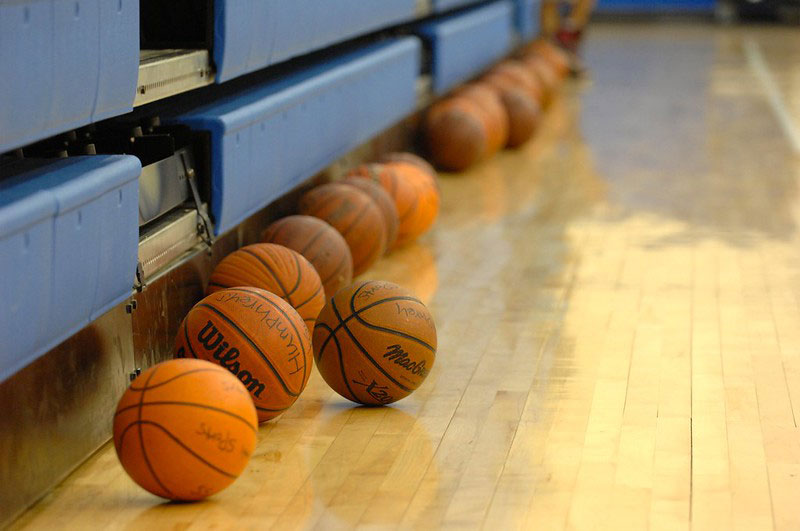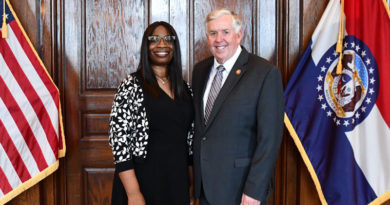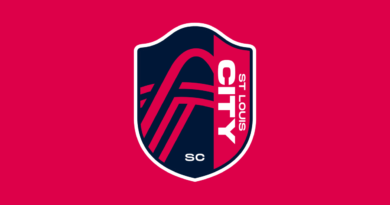St. Louis Youth Sports – COVID-19 Testing No Longer Required
Changes were made in the City of St. Louis to COVID-19 mitigation guidelines for youth sports on May 13, 2021 with the city rescinding its COVID-19 Health Commissioner’s Orders.
Coaches and Managers of youth sports programs and league officials are no longer required to implement COVID-19 testing in their St Louis sports programs. The City of St. Louis Department of Health is encouraging youth athletic program administrators to continue to protect the health of the young athletes and coaches who have not been vaccinated due to personal choice and others not yet eligible to receive a vaccination.
Safely hosting a large events in areas where there are high levels of COVID-19 within the community will be challenging. The following considerations are meant to supplement and not replace any health and safety laws, rules, and regulations with which St Louis youth sports organizations must comply.
The way sports are played and the way equipment is shared can influence the spread of COVID-19 among players. When you are assessing the risk of spread in your sport, consider:
- Community levels of COVID-19 – High or increasing levels of COVID-19 cases in the local community increase the risk of infection and spread among youth athletes, coaches, and families.
- Physical closeness of players – Coaches can also modify practices so players work on individual skills, rather than on competition. Coaches may also put players into small groups (cohorts) that remain together and work through stations, rather than switching groups or mixing groups
- Level of intensity of activity – Activities that are high intensity or require a high level of exertion (such as full competition) present a higher level of risk of getting and spreading COVID-19 than lower intensity activities (such as discussing strategy and rules, walking through plays), particularly when indoors.
- Size of the team – Sports with a large number of players on a team may increase the likelihood of spread, compared to sports with fewer team members. Consider decreasing team sizes, as feasible.
- Nonessential visitors, spectators, volunteers – Limit any nonessential visitors, spectators, volunteers, and activities involving external groups or organizations.
if St Louis youth sports organizations are unable to put in place safety measures during team-based activities, they may choose individual or at-home activities, especially if any members of the team are at high risk for severe illness.
Promoting Behaviors that Reduce Spread
- Staying Home when Appropriate
- Physical Distancing
- Masks
- Hand Hygiene and Respiratory Etiquette
- Adequate Supplies
- Cleaning and Disinfection








